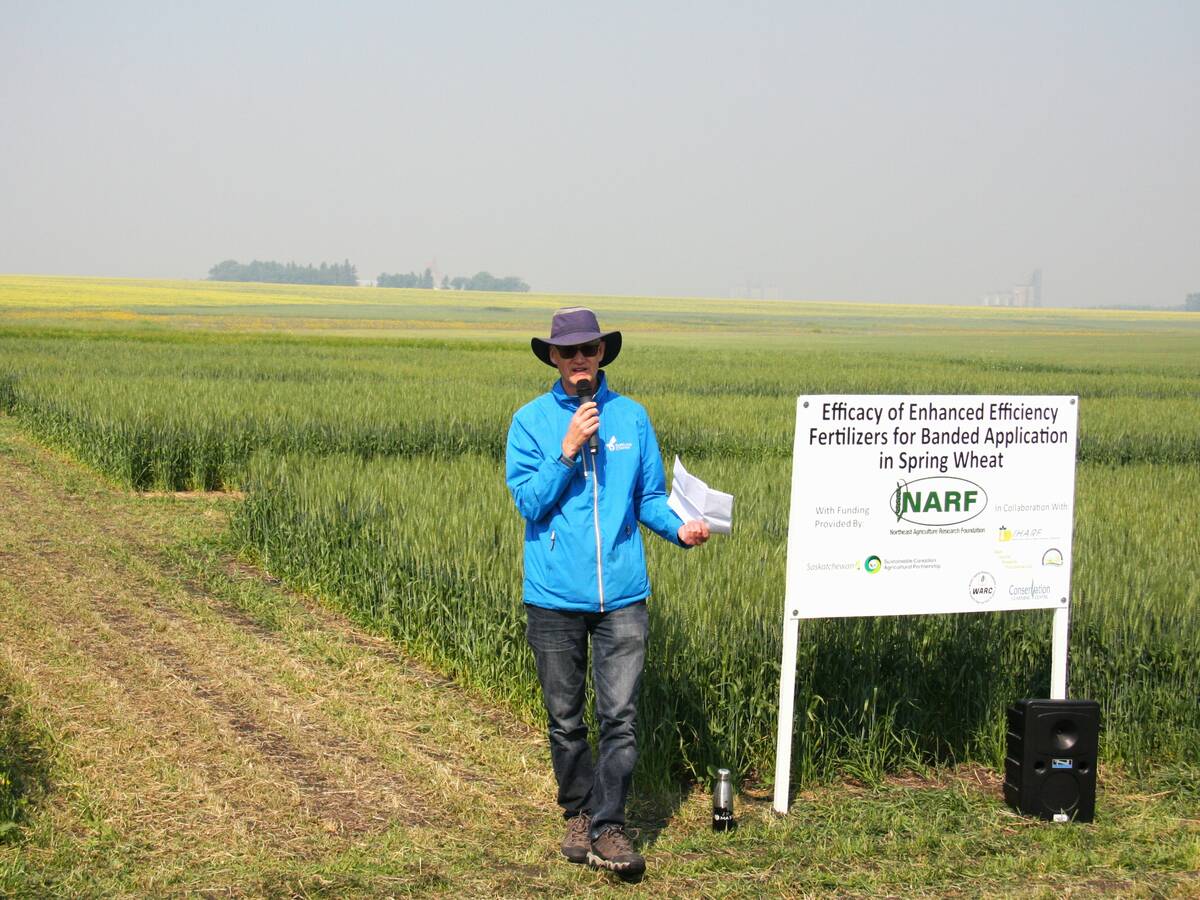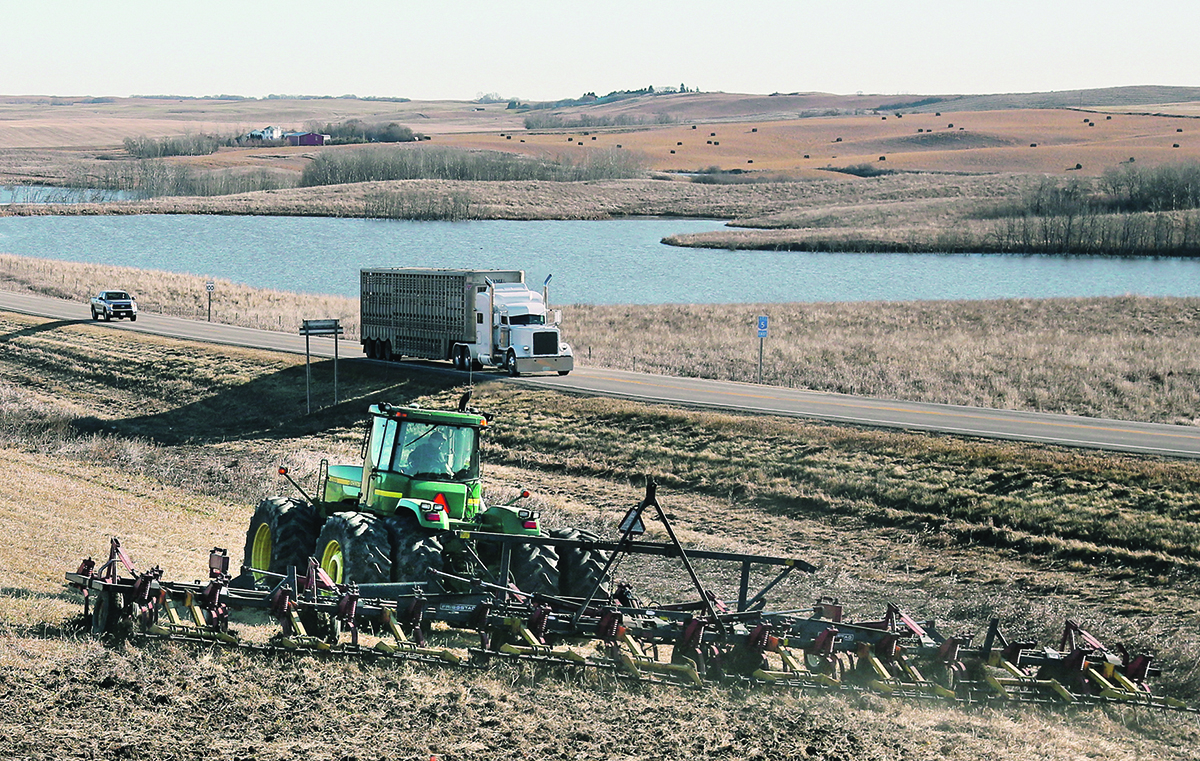The impact of farming practices extends beyond harvest. Each year’s decisions can shape outcomes for generations to come. Increasingly, sustainability is a hot topic and not just for the agri-food sector.
Large corporations are now required to report on the sustainability of processes used to generate their products. The reporting requirements are referred to as ESG (environmental, social and governance) standards.
ESG standards provide the framework for data and metrics required to report on sustainability outcomes. They were also developed to level the playing field on reporting these metrics and facilitating comparisons across companies.
Read Also

Fertilizer method’s link to emissions studied
A researcher says others studying greenhouse gas emissions aren’t considering how the loss of nitrogen into the atmosphere correlates with fertilizer application or if there is an impact to yield.
With challenges such as climate change, supply chain disruptions and geopolitical instability, the standards can help companies mitigate risk and compete on global markets.
What are the standards and what do they have to do with agri-food?
The ones that have been widely adopted on a global scale include the Taskforce on Nature-related Financial Disclosures framework, the Taskforce on Climate-related Financial Disclosures framework, the Global Reporting Initiative standards and the Sustainability Accounting Standards Board standards.
These cover a range of factors in agri-food including biodiversity, water use, soil health, food safety, food waste and labour practices. Companies will prepare ESG reports to disclose data that relates to these factors to show they have conducted business in a sustainable manner.
Reporting has been voluntary, but requirements are moving toward mandatory reporting. This will affect primary production.
When it comes to reporting on greenhouse gas emissions, there are “scopes” used to characterize the type. Scope 1 emissions are direct emissions from production such as burning fuel. Scope 2 emissions are indirect, such as using electricity to keep lights on in a factory. Scope 3 emissions are also indirect, such as those from production of wheat that goes into making cereal.
Historically, Scope 1 and 2 emissions have required mandatory reporting, but recent changes are moving toward mandatory reporting for Scope 3 emissions as well.
It is Scope 3 emissions where farmers come into play.
Adopting some of the practices and tactics to reduce emissions can help farmers enhance competitiveness and profitability while maintaining sustainable practices. This can be done by using new technologies, regenerative agriculture and other decarbonization methods.
Greenhouse gas emissions are just one part of the ESG picture.
Companies are now focusing on sustainable sourcing, an aspect that could have implications for on-farm production. Companies like Merge Impact Marketplace are connecting farmers who use sustainable processes for crop production with buyers who want to source sustainable inputs.
By using on-farm measurements to capture sustainability data, farmers can leverage their products and sell at a premium price.
But what areas are most important for sustainability reporting in Canadian agri-food?
The Centre for Agri-Food Benchmarking has developed the National Index on Agri-Food Performance, which includes a coalition of 155 partners working to develop an integrated picture of sustainability in Canada.
The index is built on four priorities: financial performance, environmental stewardship, social factors and food integrity. It uses science-based metrics to measure sustainability outcomes for each indicator.
Using resources like the index can help stakeholders, including farmers, understand what data is required for reporting and what to prioritize. Farmers have always focused on making sustainable choices and now they can use this to strengthen competitiveness on the global market.
With pressure to change reporting requirements, sustainability will continue to be at the forefront of processes throughout the value-chain and farmers can lead the charge.
Tarra Drevet is executive director of the National Index on Agri-Food Performance.

















